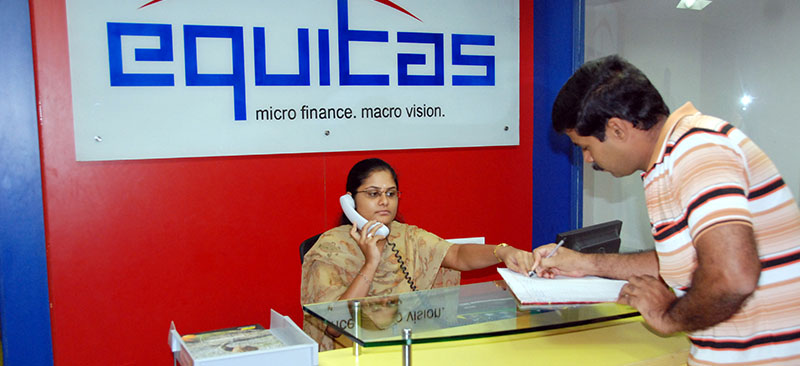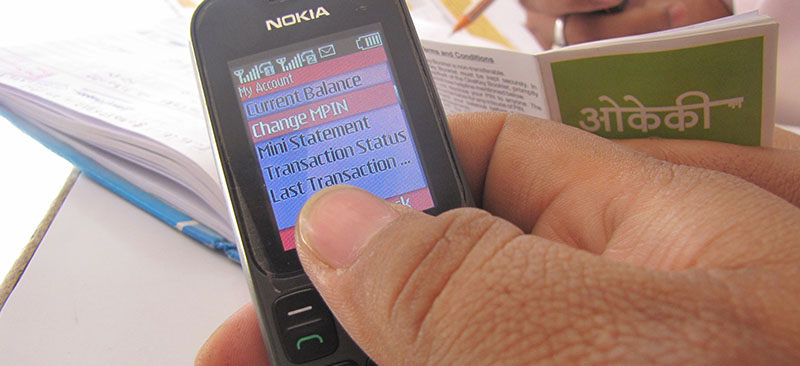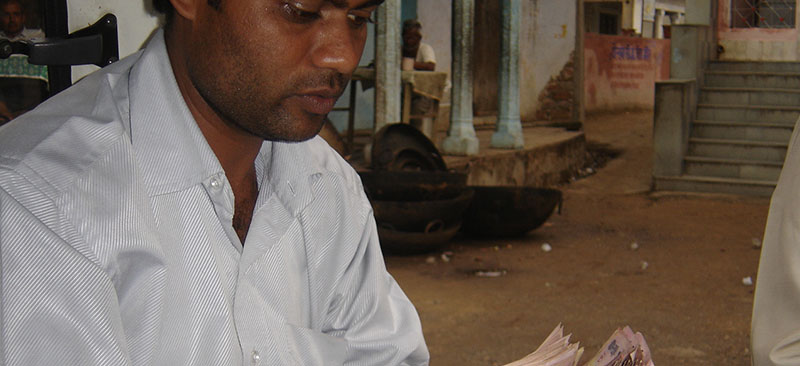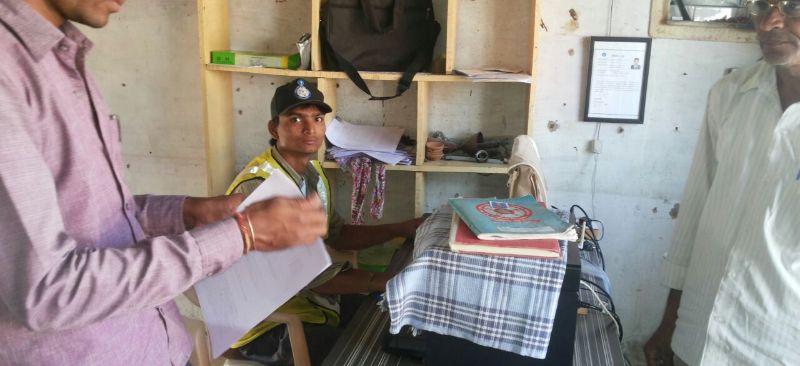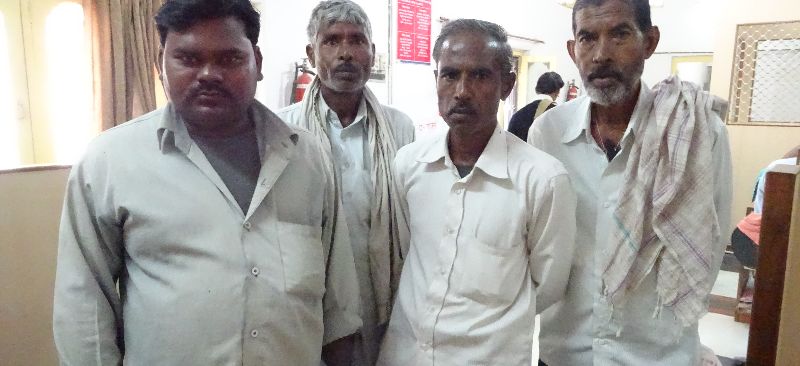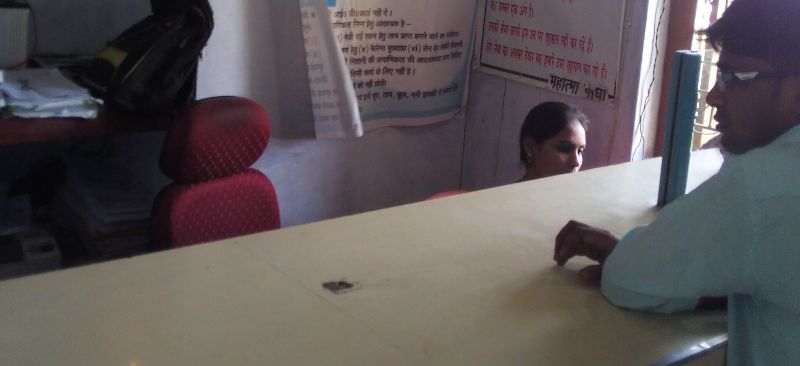With close to half a billion people and a vast terrain with limited infrastructure and the results of India’s efforts to achieve financial inclusion thus far are remarkable. To continue this momentum, however, we always need to know what agents are saying, and not saying, achieving and not achieving. Financial inclusion cannot happen without agents and it will happen with better and more lasting results if all levels in this effort-senior regulators, bank presidents, branch officers, network managers-pay more attention to the last and critical link to their customers.
Blog
Electronic and Mobile Banking in India: Gearing-up for Growth
Financial inclusion has witnessed extraordinary investments and efforts from a variety of stakeholders in India over the past two years. There is however, a need to step back and objectively assess several vital measures that have been undertaken in recent times, together with the announcements in the 2012 budget speech, and the impact thereof. This Policy Note discusses these and the many other announcements on policies and guidelines that have accelerated the pace of reforms around financial inclusion over the last 6 months.
Remittances: The Evolving Competitive Environment
Consumer pull and economics have resulted in remittance products becoming a prime focus for an increasing number of business correspondence network managers (BCNMs) and agents. This Brief examines the various facets of remittance product offerings, highlights some important aspects and issues around the different remittance models, agent economics, client protection and the way forward including recommendations on steps needed to make the increasingly competitive market for remittances more customer (and agent) friendly.
Also, watch the videos (video 1 and video 2) where the business correspondent agents talk about the various service providers offering remittances and what is important for the agents as well as the customers.
Governance in Member Owned Institutions – Community Microfinance
Strong governance in member owned institutions (MOIs) is important for their sustainability. If the governance is weak, there are high chances of fraud by staff, members with vested interests, and by the social and political elite. Such a situation could lead members to lose faith and withdraw their shares/ and leave the institution. An MOI with strong governance is able to establish a conducive environment for members through the right mix of ownership incentives, member decision-making and other control mechanisms. Good governance structures give members and investors confidence and are necessary foundation for successful community-based organisations.
Challenges of Microinsurance in India
After half a decade of microinsurance regulation, there are some clear trends emerging in the way microinsurance business is conducted in India. According to the IRDA Annual Report, 2010-11, 3.65 million microinsurance policies were sold in India in the year 2010-11 covering lives of 18.9 million people. The cumulative premium collected from microinsurance was Rs.2.86 billion. Some of the trends in the regulated microinsurance sector are:
The public life insurer is the clear market leader in microinsurance,
Group microinsurance policies have become popular with the private players,
Most insurer still continues with a “”Just Achieve Target”” approach for microinsurance,
Insurers have found alternative to microinsurance products for achieving their “”rural sector”” targets, and
Microinsurance distribution has remained un-uniform in spite of the special regulation on Microinsurance Agents (MIA)
This Note analyses these trends with decade long comparative data on microinsurance products and their performance. The reasons for the emerging trends are identified and possible future trends are also projected.
Microinsurance in India – The Evolution of Market Trends
After half a decade of microinsurance regulation, there are some clear trends emerging in the way microinsurance business is conducted in India. According to the IRDA Annual Report, 2010-11, 3.65 million microinsurance policies were sold in India in the year 2010-11 covering lives of 18.9 million people. The cumulative premium collected from microinsurance was Rs.2.86 billion. Some of the trends in the regulated microinsurance sector are:
The public life insurer is the clear market leader in microinsurance,
Group microinsurance policies have become popular with the private players,
Most insurer still continues with a “”Just Achieve Target”” approach for microinsurance,
Insurers have found alternative to microinsurance products for achieving their “”rural sector”” targets, and
Microinsurance distribution has remained un-uniform in spite of the special regulation on Microinsurance Agents (MIA)
This Note analyses these trends with decade long comparative data on microinsurance products and their performance. The reasons for the emerging trends are identified and possible future trends are also projected.
